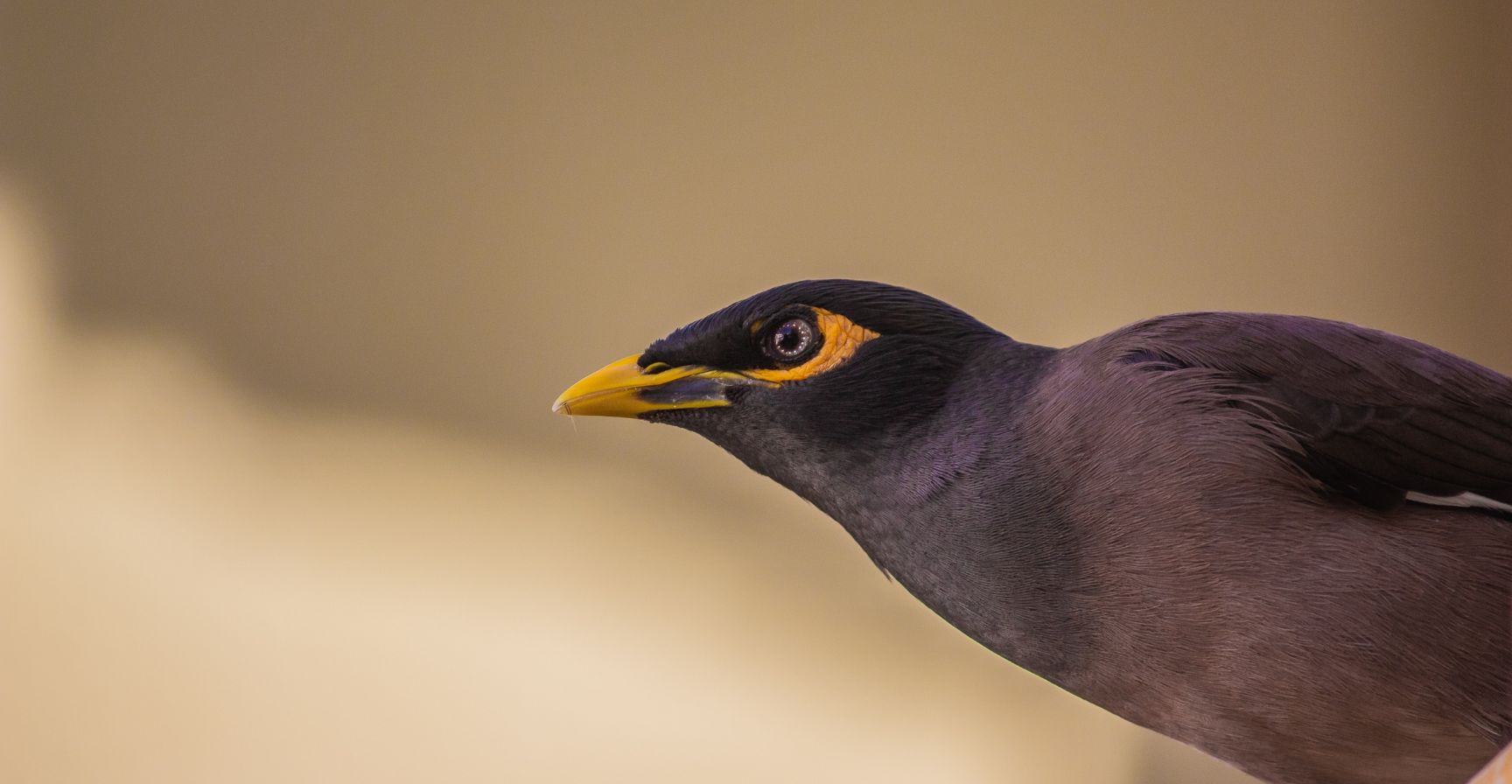Project | Oct, 2019
- Oct, 2022
Identification, assessment, sharing and dissemination of best practices for the humane management of invasive alien species

Overview and objectives
- Summary:
-
Regulation (EU) 1143/2014 on invasive alien species established a European framework to prevent, minimise, and mitigate adverse impacts from IAS. The legislation includes dedicated articles on…
- Objective:
-
The objective of this project is to promote the uptake of the best practices for the management of invasive alien vertebrate animals, through lethal or non-lethal measures, in order to strengthen the…
Project at a glance
Start date:
Oct, 2019
End date:
Oct, 2022
Themes:
Topics:
Regions:
Members and partners
Animal and Plant Health Agency,
Eurogroup for Animals,
European Association of Zoos and Aquaria,
IUCN Species Survival Commission 2021-2025,
Newcastle University

